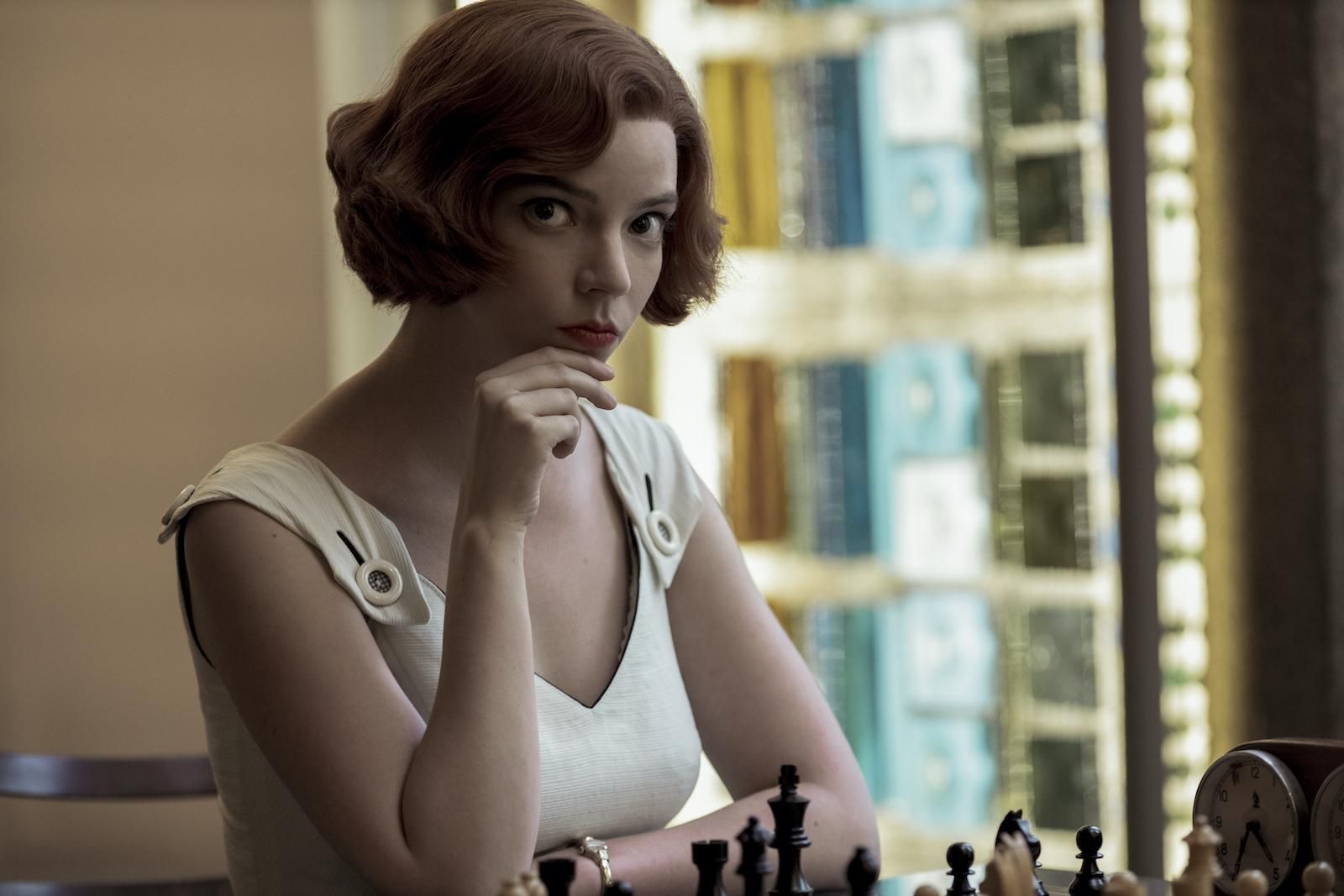"The Queen's Gambit" is an incredible show, but we need to talk about that menstruation scene
I needed something to distract me from the realization that I had binged the new season of "The Crown" in one sitting. After spending far too much time considering the options, I eventually settled on one of Netflix's newer additions - "The Queen's Gambit." Initially I was on the fence about the series. After all, how could a show about chess be anything other than boring?
Given the rave reviews the series has been receiving - not to mention gleaming approval from my picky brother - I decided to see what all the fuss was about. I was hooked from the very first episode. The series had everything I had been craving; complex characters, an intriguing storyline and a flawed, but badass protagonist with an incredible sense of style. But despite the show's empowering undertones, it gets a few things wrong. Starting with the menstruation scene in episode two.
In the episode, we find Beth Harmon (played by Anya Taylor-Joy) close to winning the Kentucky State Chess Championship. She has just beaten Townes in a match, (whom she has a crush on) when she unexpectedly feels a cramp in her lower abdomen. Clutching her stomach, trying not to draw attention to herself, Beth scurries to bathroom as blood streams down her leg.
Beth has just started her first period.
Isn't it time we normalized period sex and banish the stigma surrounding it?
Let's be clear, the stigma surrounding period sex is completely gender-based. It is an arbitrary double standard created by men to shame women into feeling inadequate.
But Beth's experience is not filled with excitement, similar to the one I experienced during my first time. To give you some clarity on my enthusiasm, I literally screamed "I'm finally a woman!" when I started my first period. I was fourteen and it was one of the most empowering experiences of my youth. Then the intense cramping followed and my excitement quickly wore off.
Nevertheless, when I started my first period, I felt a sense of empowerment which I couldn't altogether understand. However, Beth's experience is vastly different. She's embarrassed and ashamed, almost as if her period is a nuisance rather than a celebration of womanhood. Although some might find the show's depiction accurate, I found myself rolling my eyes at the scene. How could a show that empowers a woman to be unapologetically whole get a pivotal moment so wrong?
This isn't new in pop culture. Almost every menstruation scene depicted in film or television, signifies shame or embarrassment. Don't even get me started on that horrific shower scene in "Carrie." Regardless of the ubiquity surrounding periods, writers still can't manage to portray it accurately. It's these kinds of negative portrayals that create misguided stereotypes surrounding menstruation.
There is a stigma surrounding it which is confusing. Society tells women to love their bodies and be comfortable within their own skin. But how can girls feel comfortable in their own skin when the media is constantly contradicting otherwise? Writers need to do a better job of making these scenes less awkward and more empowering. And it doesn't just stop there.
There needs to be more accurate information distributed to young girls that makes them feel empowered about starting their period instead of ashamed. The misinformation surrounding menstruation is infinite. There's also a lack of knowledge in many areas, where women don't have access to basic hygiene products. Because of this, women and girls are programmed to detest a basic part of womanhood. When we reverse the narrative, only then can we banish these toxic stereotypes and begin normalizing conversations surrounding menstruation.
